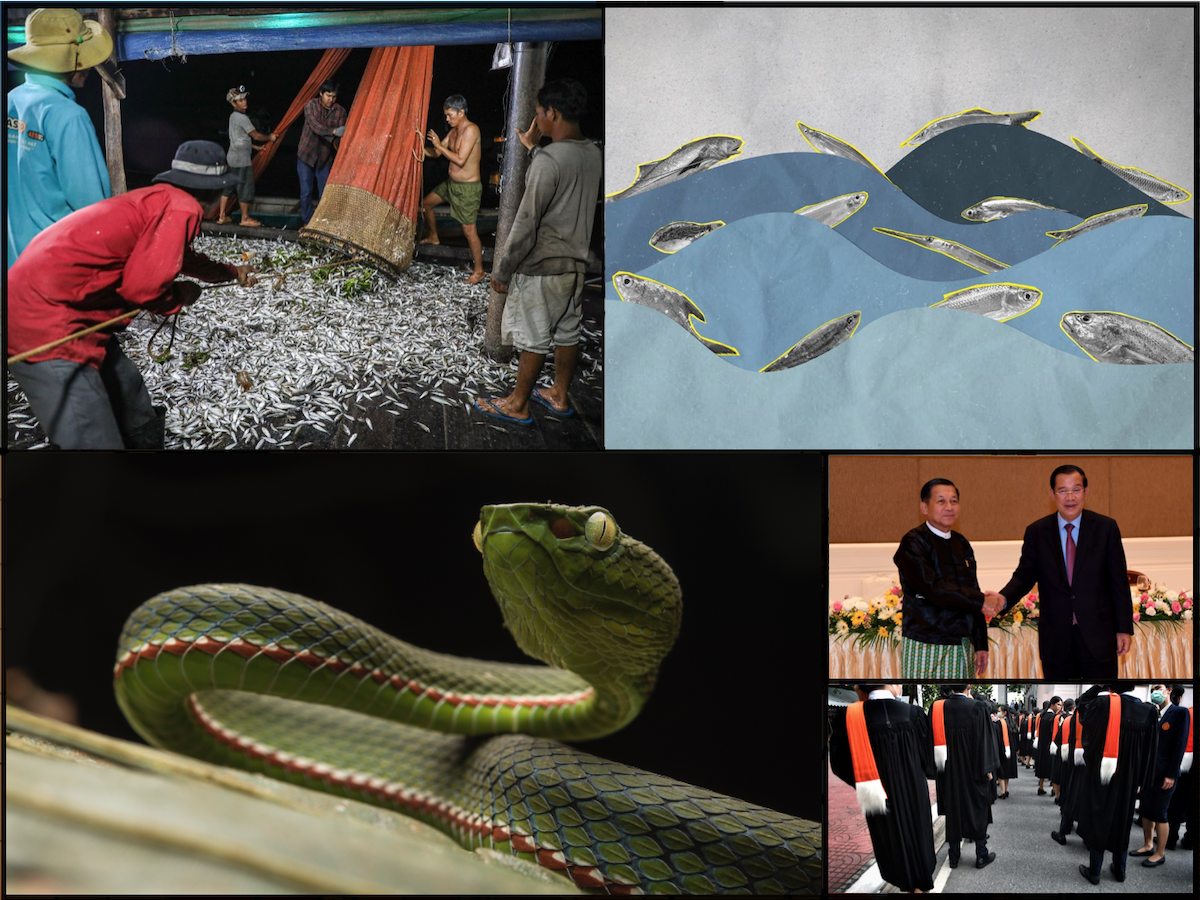Hello Globe readers,
My name is Fiona Kelliher and I’m delighted to join you as the Globe’s newest Cambodia-based reporter. Last week, I made the 30-hour trip to Phnom Penh from San Francisco, where I spent the past two years covering labour, California wildfires and the Covid-19 pandemic for The Mercury News.
With spikes in the omicron variant subsiding in places like the US and India but creeping up in areas of Southeast Asia, living through this stage of the pandemic, let alone parsing through travel restrictions, has become more confusing than ever. My arrival in Cambodia was luckily much smoother than what an Irish man recounted in a series of viral social media posts.
Since Cambodia did away with a mandatory two-week quarantine in November, fully vaccinated travelers must receive a negative PCR test within 72 hours of departure. My test result was checked at each leg of the journey – San Francisco, Seattle, Seoul and finally Phnom Penh – along with several quick temperature readings courtesy of Air Korea.
After picking up our bags in Cambodia, my fellow passengers and I received nasal swabs before being ushered into a waiting area as part of current travel requirements. About 15 minutes later my name was called and after a final passport check I was cleared to walk into the evening heat.
Meanwhile in Malaysia, Globe reporter Ashley Yeong spent an evening trekking through a backroad spotting painted bronzeback tree snakes, yellow-bellied water snakes and the occasional toad. For reptile and amphibian enthusiasts known as herpers, converting newcomers to their cherished hobby must be balanced with attempts to keep poachers off their trails.
Cambodian prime minister Hun Sen met with Myanmar military government leader Min Aung Hlaing earlier this month, the first in-person conference with a head of state since the junta seized power in February 2021. Globe contributor Drake Long offers an analysis of the diplomatic rift among ASEAN countries over the best approach to post-coup Myanmar.
As the Covid-19 pandemic reveals the challenges of online learning, Thai universities are beset by outdated teaching methods and low research output. Contributor Kuldeep Nagi argues for a system overhaul with everything from adjusting tuition rates to embracing new classroom teaching methods subject to change.
Globe reporter Anton L. Delgado takes us to the Mekong River in Cambodia, where dai fishermen have experienced five of the Mekong’s ten lowest annual water flows in the past decade. The resulting small fish hauls have prompted a search for solutions among ecologists and researchers, which he describes in an article and a fascinating video.
Anton’s companion photo essay, the second installment of his two-part package on the dai fishing world, chronicles the people, boats and thousands of slippery, silvery fish. Dai is Vietnamese for “bag,” as in “stationary bag net,” a method that is best understood through his remarkable images.
For now I’m focused on getting to know my new neighborhood and launching into reporting on politics, technology and labour. Follow me on Twitter at @fiona_kelliher and enjoy this week’s stories.


